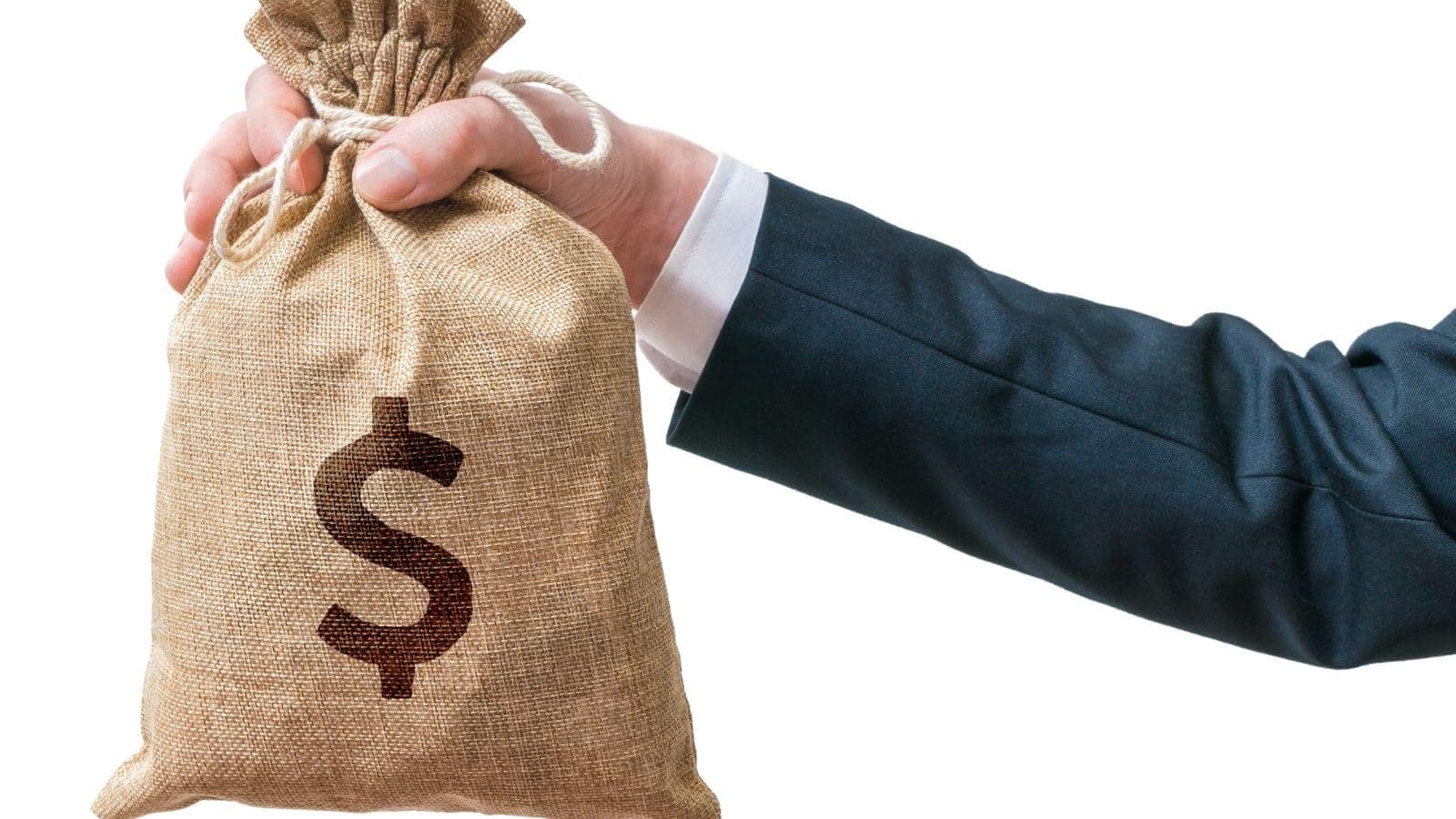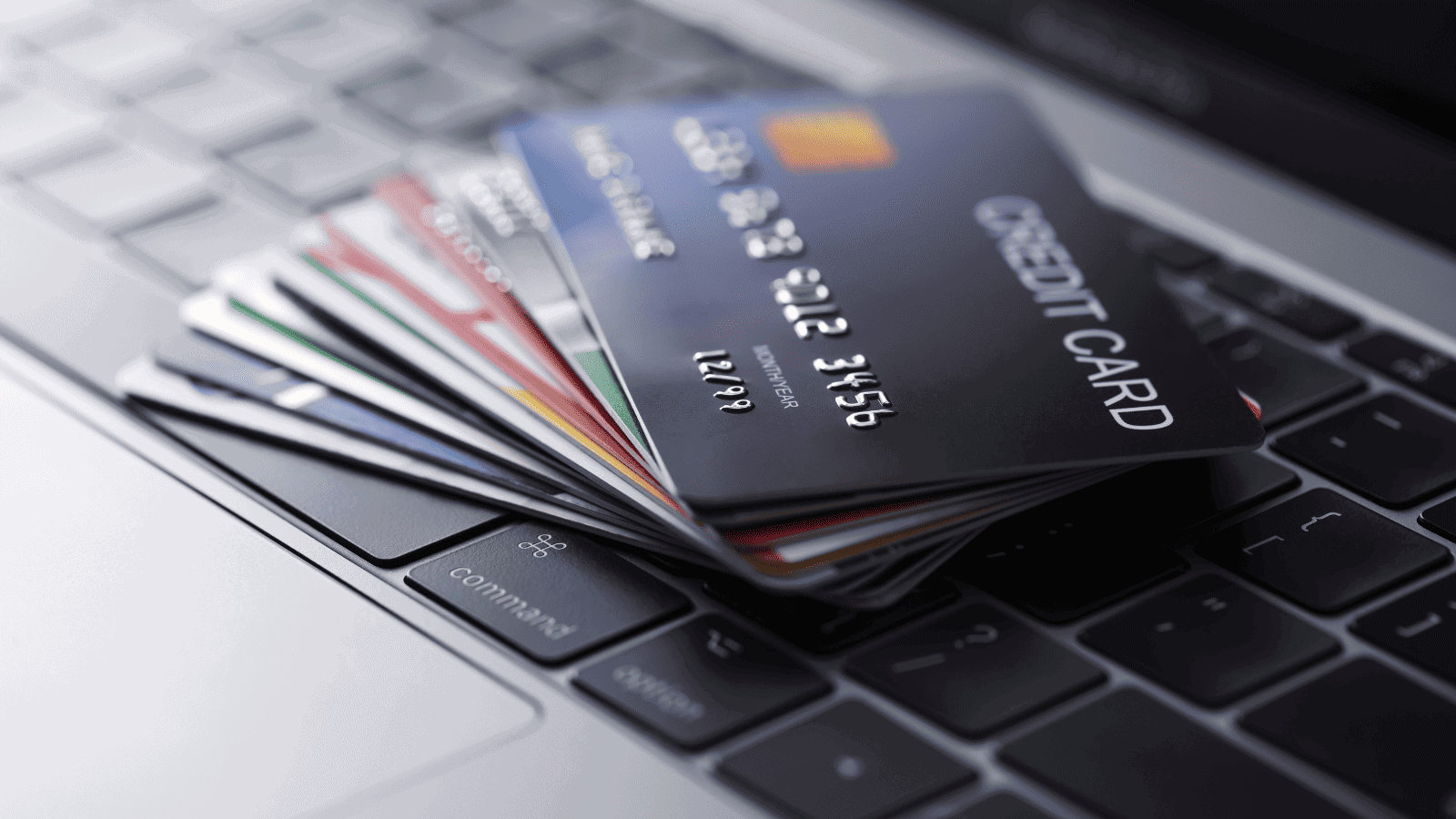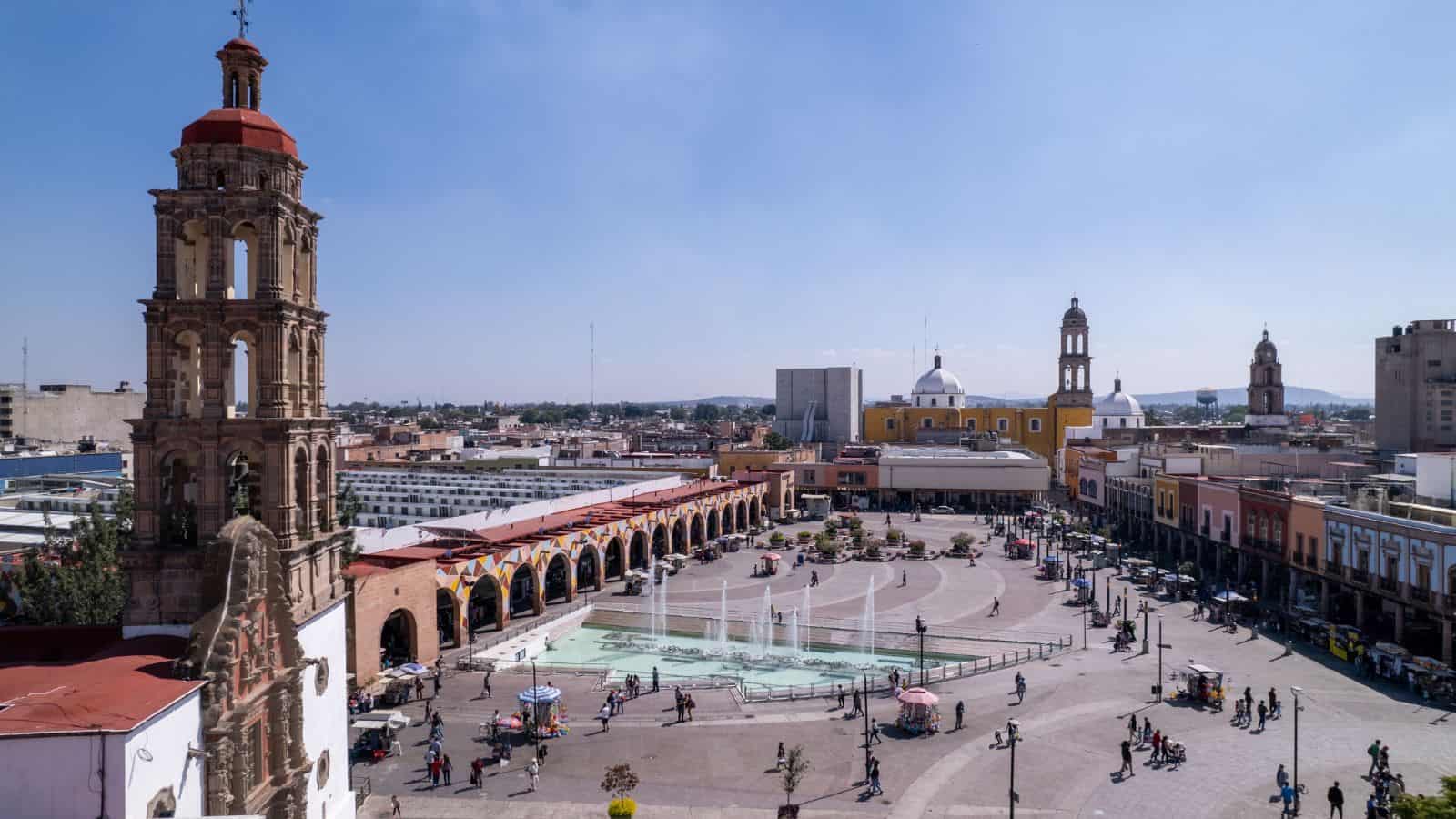In the United States, the legal system allows for a wide range of practices that, while legal, can be controversial and often debated regarding their ethical implications. Here are 17 such practices that exist within the legal framework but have sparked discussions about whether they should be permissible.
Excessive Political Lobbying

You can’t walk into a happy hour in Washington, D.C., without meeting a lobbyist. Political lobbying allows groups to influence legislation, but excessive lobbying can lead to a disproportionate representation of wealthy interests over the general public. This can skew policies in favor of those who can afford powerful lobbyists rather than what might be best for the majority.
Predatory Lending

With a target on vulnerable consumers, predatory lending offers loans with extremely high interest rates and hidden fees. Often, these practices trap individuals in a cycle of debt, which they struggle to escape, exacerbating financial instability in low-income communities.
Civil Asset Forfeiture Without Conviction

Law enforcement agencies can seize property suspected of being connected to criminal activity without necessarily charging the owner with a crime. This can lead to abuses where people lose property without due process, undermining trust in legal systems. “Currently, four states have abolished the practice entirely: Maine, Nebraska, North Carolina and New Mexico,” according to the National Conference of State Legislatures.
Payday Loans

It can be tempting when you are low on cash and need it for just a short time; however, while payday loans provide quick cash, they often come with exorbitant interest rates that can lead to long-term debt traps for borrowers who are already financially vulnerable. This practice is particularly controversial because it preys on those in desperate financial situations.
Unregulated Pharmaceutical Advertisements

“During the COVID-19 pandemic, as many stayed home, direct-to-consumer prescription drug advertising—already big business—boomed,” according to Johns Hopkins University. The U.S. is one of the few countries that allows direct-to-consumer pharmaceutical advertising. This can encourage the overuse of prescription drugs and misinform the public about the risks and benefits, impacting public health.
Using Loopholes in Tax Laws

While using loopholes is legal, it allows individuals and corporations with resources to reduce their tax burden significantly. This wouldn’t be a problem, except it often shifts the financial burden to less wealthy citizens and impacts public services funding.
Price Gouging During Emergencies

Some businesses drastically increase prices for essential goods like water or fuel during emergencies. While some states have laws against price gouging, the practice is not universally illegal and can exploit people’s desperation during crises. The American Bar Association says that due to price gouging issues during the COVID-19 pandemic, “Several bills were introduced in both chambers of Congress, but to this day, none have been signed into law.”
Non-Compete Clauses for Low-Wage Workers

“Some proponents of noncompete agreements for less-educated, lower-wage workers argue that they allow businesses to entrust workers with sensitive information and invest in their skills without the risk of losing them,” according to research on WorkRise Network. Non-compete clauses actually prevent employees from working with competitors after they leave a company, which can be reasonable for high-level positions but is often applied unfairly to low-wage workers, limiting their employment opportunities and mobility.
Junk Food Ads to Children

How many high-sugar cereals have cartoon mascots? Marketing unhealthy food to children is legal but contributes to childhood obesity and poor lifelong health habits. This practice exploits children’s impressionability for profit, despite its negative impact on health.
The Pink Tax

Manufacturers use the color pink to market and brand products designed explicitly for women. Women often pay more than men for similar products and services, a phenomenon known as the “pink tax.” This pricing strategy is legal in many places; however, “Vermont, Maine, Michigan, Louisiana, and New Mexico passed legislation to exempt menstrual products in 2021. Nebraska, Colorado, Iowa, and Virginia banned the pink tax in 2022,” according to Kiplinger, but it still raises ethical concerns about gender-based price discrimination.
Ticket Scalping

Third-party ticket sale websites were designed to help people sell tickets to events they were no longer able to attend; however, they have become commonplace for ticket scalping. Ticket scalpers buy tickets to events and resell them at much higher prices, sometimes online and sometimes outside of the venue before the event, hoping to take advantage of people desperate to get in. While it is legal in many places, it prevents many fans from affording attendance.
Excessive Bank Overdraft Fees

When you absolutely need to get something and end up going past what’s in your account, it’s probably the worst time to get an extra $35 fee. These fees can pile up quickly, disproportionately affecting those who are least able to afford them.
Corporate Bailouts

The golden umbrella, as many call it, is that large corporations often receive government bailouts during financial crises while small businesses struggle to survive. This practice can perpetuate a cycle of dependency and risk-taking at taxpayers’ expense. Think of Fannie Mae and Freddie Mac during the 2008 housing crisis; taxpayers who lost their homes helped bail out the companies that put them in their situation.
Animal Testing for Cosmetics

We can change this one by voting with our wallets and only buying cruelty-free products; however, there should be laws against it. Testing cosmetics on animals is legal in the U.S., despite being banned in many other countries.
For-Profit Prisons

The existence of for-profit prisons can lead to cost-cutting measures that compromise safety and rehabilitation. This model incentivizes keeping incarceration rates high, which is controversial given the ethical implications of profiting from imprisonment.
Selling User Data

According to the United Nations Conference on Trade and Development, 107 countries have data privacy rules in place, including 66 developing nations. In the U.S., a “significant” increase in data privacy bills has been introduced. However, companies are still mining our data for targeted ads and other programs.
Aggressive Credit Card Marketing to Young Adults

Credit card companies often target young adults who may not have the financial literacy to manage debt responsibly. College students or young adults straight out of their parents’ house can end up creating a debt cycle and credit score problems that will be with them for life.
Up Next: 18 Reasons Older Men Say ‘Nope’ To Relationships

Older men embrace being alone and generally prefer spending time in solitude. They’ve had a full, so don’t criticize them for being less social! The following 18 reasons explain why older men prefer to be alone and are redefining how they experience their retirement years.
18 REASONS OLDER MEN SAY ‘NOPE’ TO RELATIONSHIPS
18 Most Dangerous Cities in the World (5 Are in America)

Across the globe, there are many places you don’t want to find yourself because of the crimes waiting to occur. Sometimes, even nature can be cruel to you. This is particularly the case in the following 18 most dangerous cities in the world, five of which are in America!
18 MOST DANGEROUS CITIES IN THE WORLD (5 ARE IN AMERICA)
18 Reasons You Feel Like You Don’t Belong Anywhere

Feeling like you don’t belong anywhere can feel incredibly isolating. We need companionship to keep us connected to the world, so if you’re struggling to form relationships and don’t feel that you don’t fit in, here are 18 reasons why that might be.
